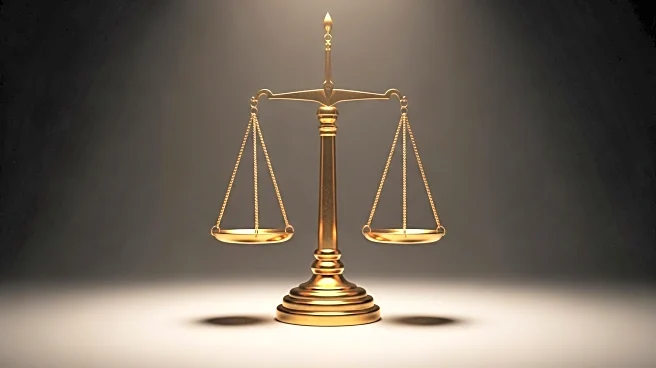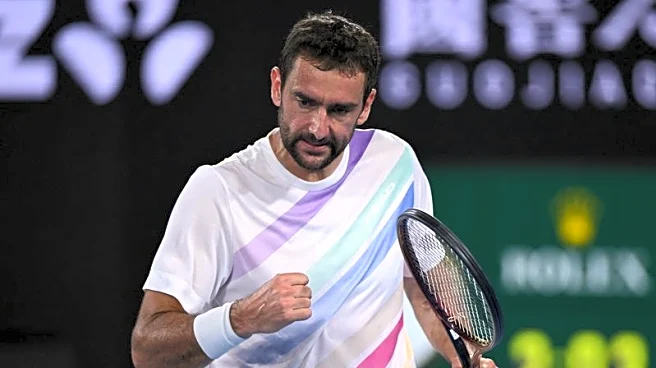What's Happening?
Elizabeth Shackelford, a program director and foreign affairs columnist, emphasizes the importance of dissent in American society, particularly in the context of recent threats to free speech. Shackelford highlights the Trump administration's actions, including Vice President JD Vance's call for citizens to report dissenting opinions and Stephen Miller's labeling of left-wing groups as terrorist organizations. These actions, Shackelford argues, threaten free speech and encourage self-censorship. She underscores the role of dissent in improving decision-making and warns against the dangers of suppressing diverse perspectives.
Why It's Important?
The protection of free speech is fundamental to democracy, allowing for diverse opinions and debate. Shackelford's concerns reflect broader societal issues, as government actions may lead to self-censorship and stifle dissent. The suppression of dissent can result in groupthink and poor decision-making, as seen in historical examples like the Enron collapse and the Challenger disaster. Encouraging dissent is crucial for healthy communities and organizations, fostering innovation and preventing blind spots. Shackelford's advocacy highlights the need to safeguard free speech and dissent in the face of political pressure.
Beyond the Headlines
The current climate of fear and self-censorship poses ethical and cultural challenges, as individuals may hesitate to express dissenting views. The suppression of free speech can have long-term implications for democratic values and societal progress. Shackelford's call to protect dissent underscores the importance of maintaining open dialogue and diverse perspectives, which are essential for informed decision-making and societal growth.











